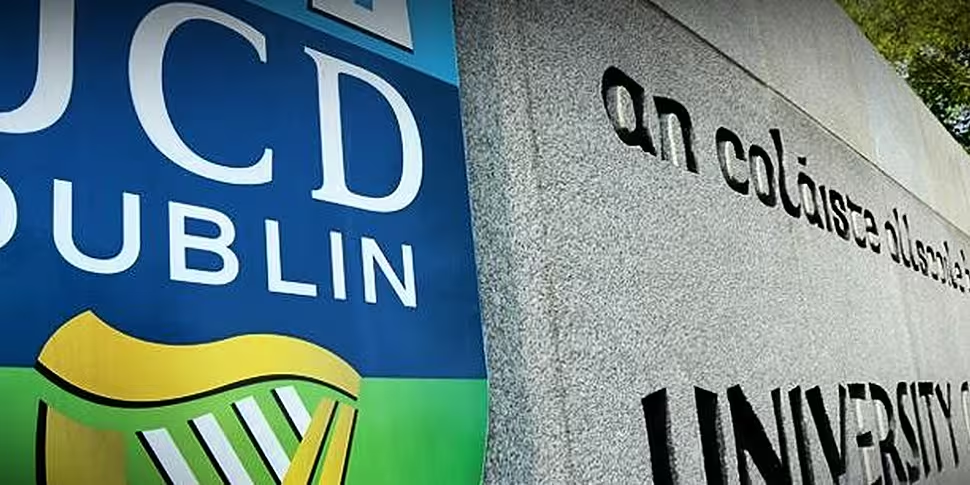Researchers from University College Dublin (UCD) are examining which interventions are most effective in supporting people with advanced cancer and their family caregivers.
The university is partnering with research institutions in Belgium, Denmark, Italy, the Netherlands and the UK.
The project, called DIAdic, has received €4m in funding over five years through Horizon 2020 - the EU Research and Innovation programme.
Around four million people in the EU are diagnosed with cancer every year.
UCD said: "A diagnosis of advanced cancer has significant psychological and social consequences not only for the individual with the disease but also for family caregivers.
"Good psychosocial and educational support for the patient and the caregiver can substantially reduce such effects and help to improve the quality of life for both the patient and caregiver."
The overall aim of the DIAdic project is to provide evidence about which psychosocial and educational interventions are most effective.
Psychosocial and educational supports
The DIAdIC project will develop and evaluate two different methods of administering the interventions - a face-to-face method provided in the patient-caregiver's home by a specially trained professional, and an eHealth self-administered tool.
Both are tailored to the needs of both patients and caregivers.
The interventions will address five core areas - including supporting family involvement in care, addressing issues of hopelessness, fears and concerns and reducing uncertainty about the disease and treatments.
Associate Professor Suzanne Guerin from the UCD School of Psychology said: "Our aim is that by the end of this project we will understand more clearly which psychosocial and educational supports are most effective in supporting cancer patients and their caregivers, and that such supports will be available in all European countries.
"With the significant number of new patients being diagnosed with cancer each year, the impact of this project could be considerable".
Professor Joachim Cohen, from Vrije Universiteit Brussel, added: "A major strength and uniqueness of the DIAdIC project is that it considers the patient-caregiver dyad as a unit and that it supports them using tailored interventions that are complementary to the existing professional care.
"In a context of limited resources for healthcare there are also limitations to how much professional caregivers, such as physicians and nurses, can provide in terms of psychosocial and educational support.
"By supporting the patient-caregiver unit in their own home, outside of contact with health care services, we expect to have more impact on improving families’ wellbeing."









